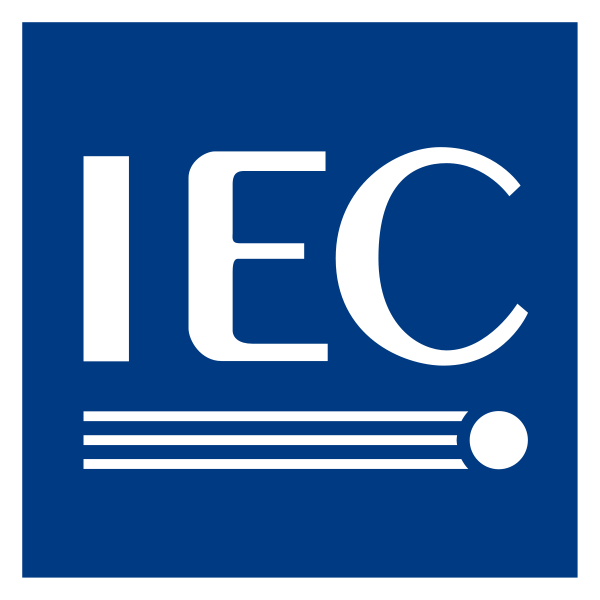Difference between revisions of "Template:Article of the week"
Shawndouglas (talk | contribs) m (Lowercase link) |
Shawndouglas (talk | contribs) (Updated article of the week text.) |
||
| Line 1: | Line 1: | ||
<div style="float: left; margin: 0.5em 0.9em 0.4em 0em;">[[File: | <div style="float: left; margin: 0.5em 0.9em 0.4em 0em;">[[File:600px-International Electrotechnical Commission Logo.svg.png|160px]]</div> | ||
The '''[[International Electrotechnical Commission]]''' ('''IEC''') is a non-profit, non-governmental international standards organization that prepares and publishes international standards for many electrical devices, electronics, and other electrotechnology. IEC standards cover a vast range of technologies from power generation, transmission, and distribution to home appliances and office equipment, semiconductors, fibre optics, batteries, solar energy systems, marine energy systems, and nanotechnology. The IEC also manages three global conformity assessment systems that certify whether equipment, systems, or components conform to its international standards. IEC's membership comprises some 10,000 electrical and electronics experts from industry, government, academia, test labs, and others with an interest in the subject. | |||
The | The IEC charter embraces all electrotechnologies, including energy production and distribution systems, electronics, magnetic and electromagnetic devices, electroacoustic equipment, multimedia tools, telecommunication systems, and medical technology. The IEC also performs research and investigation into associated general disciplines such as terminology and symbols, electromagnetic compatibility (by its Advisory Committee on Electromagnetic Compatibility, ACEC), measurement and performance, research and development, safety, and the environmental sciences. ('''[[International Electrotechnical Commission|Full article...]]''')<br /> | ||
<br /> | <br /> | ||
''Recently featured'': [[United States Department of Health and Human Services]], [[Bioimage informatics | ''Recently featured'': [[Physician office laboratory]], [[United States Department of Health and Human Services]], [[Bioimage informatics]] | ||
Revision as of 15:10, 30 September 2014
The International Electrotechnical Commission (IEC) is a non-profit, non-governmental international standards organization that prepares and publishes international standards for many electrical devices, electronics, and other electrotechnology. IEC standards cover a vast range of technologies from power generation, transmission, and distribution to home appliances and office equipment, semiconductors, fibre optics, batteries, solar energy systems, marine energy systems, and nanotechnology. The IEC also manages three global conformity assessment systems that certify whether equipment, systems, or components conform to its international standards. IEC's membership comprises some 10,000 electrical and electronics experts from industry, government, academia, test labs, and others with an interest in the subject.
The IEC charter embraces all electrotechnologies, including energy production and distribution systems, electronics, magnetic and electromagnetic devices, electroacoustic equipment, multimedia tools, telecommunication systems, and medical technology. The IEC also performs research and investigation into associated general disciplines such as terminology and symbols, electromagnetic compatibility (by its Advisory Committee on Electromagnetic Compatibility, ACEC), measurement and performance, research and development, safety, and the environmental sciences. (Full article...)
Recently featured: Physician office laboratory, United States Department of Health and Human Services, Bioimage informatics










